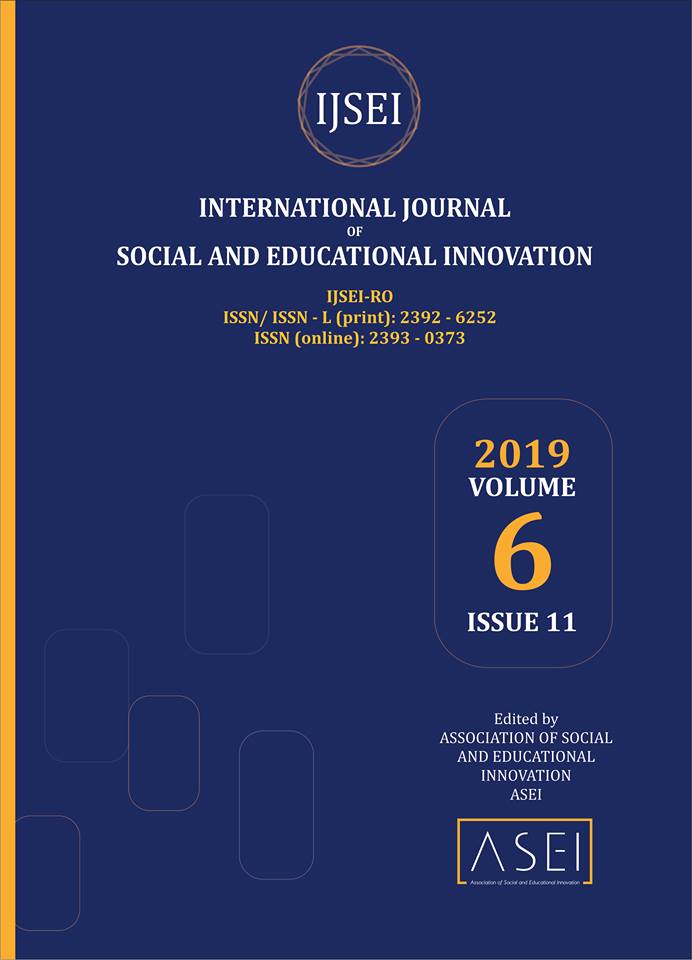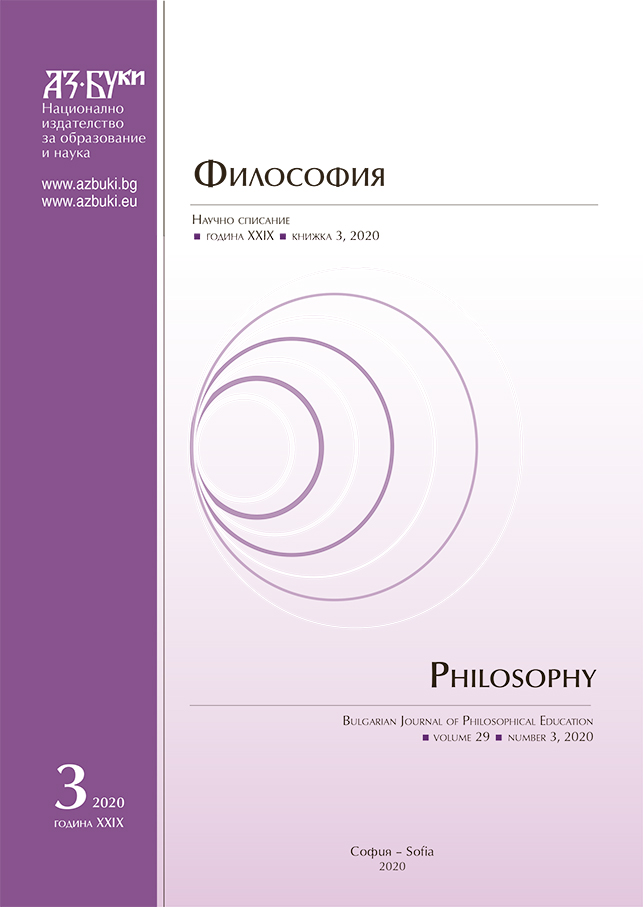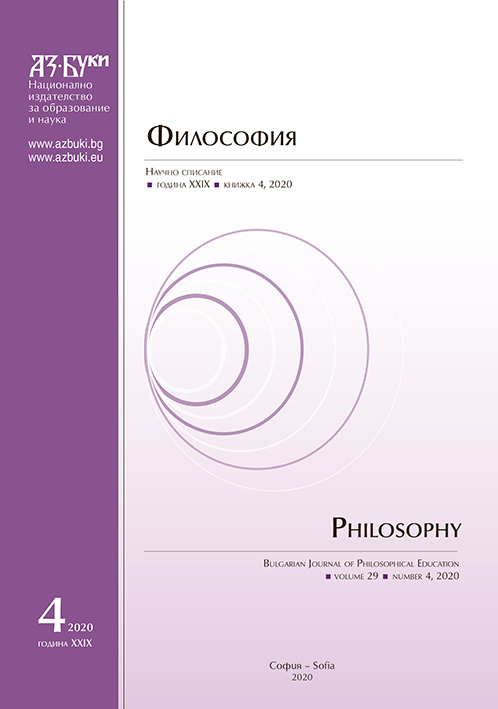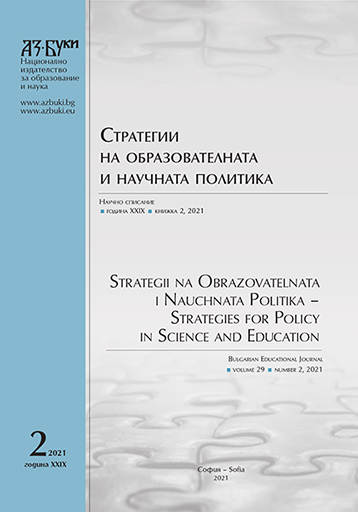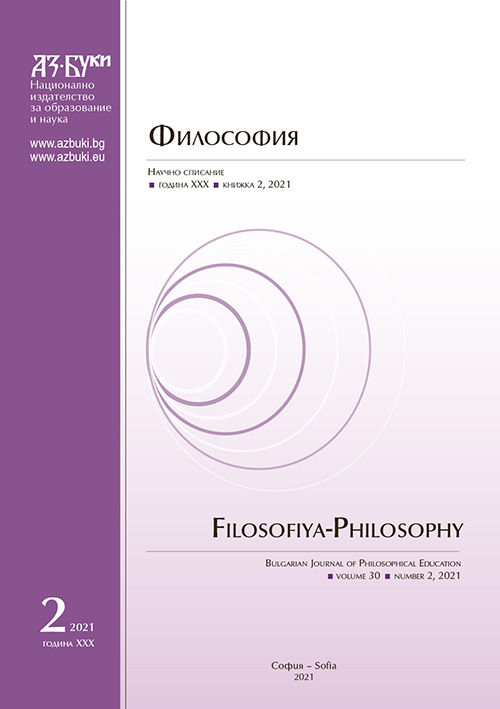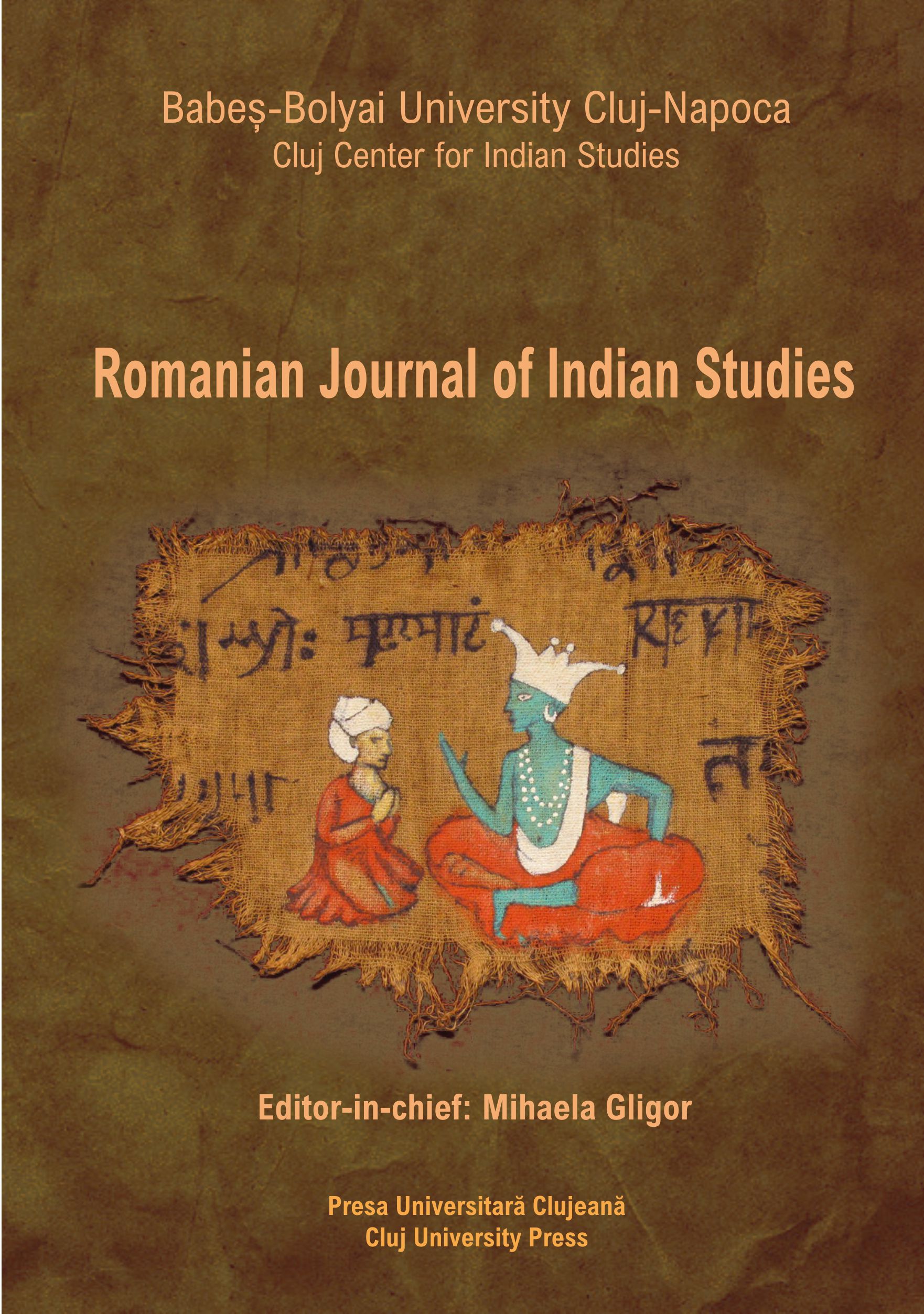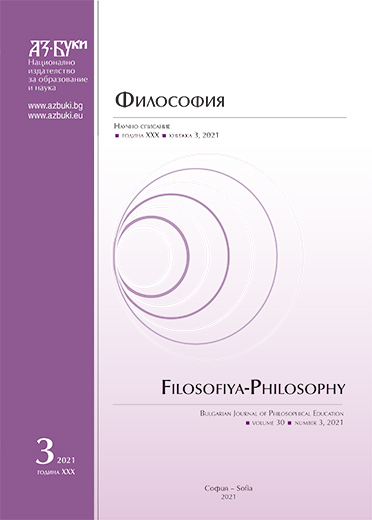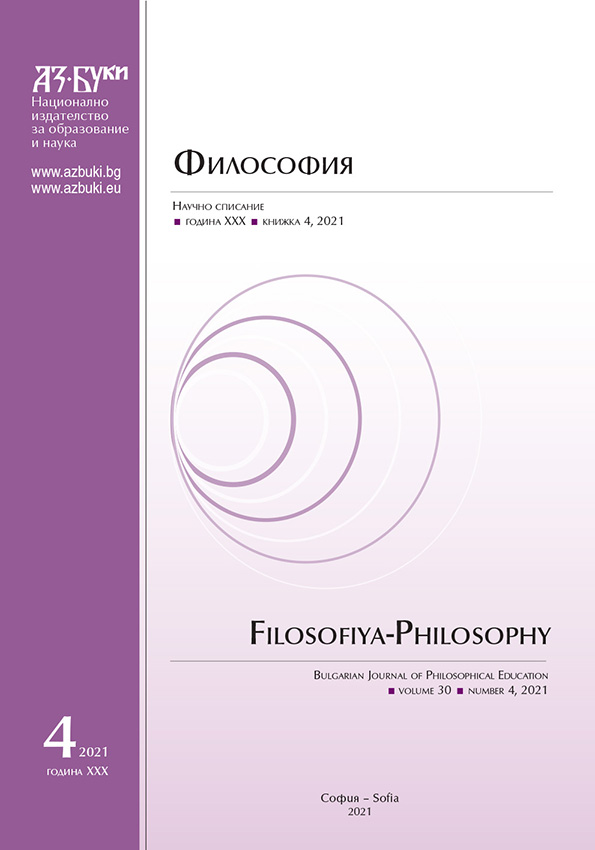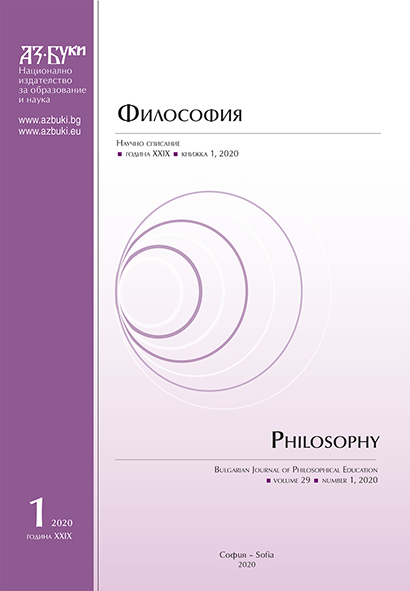
Influence of Mass Culture on Ethnic Culture and Its Overcoming
The intensification of world processes has acutely raised the problem of preserving traditional ethnic culture. Preservation of cultural heritage in a mass society is the most important problem of our time. In this regard, the question of influence of mass culture on the culture of an ethnos and its overcoming is actualized. In the article, on the basis of the literature review, the concepts of “mass culture” and “ethnic culture” are analyzed. It is revealed that ethnic culture is multi-component and includes both traditional components and elements of mass culture. The consequences of the impact of mass culture on the culture of the Yakut ethnos- acculturation and marginalization – are revealed. Conditions for overcoming the influence of mass culture on the culture of an ethnos – the dialogue between western and eastern cultures, the cessation of mindless copying of the Western way of life – are developed.
More...
